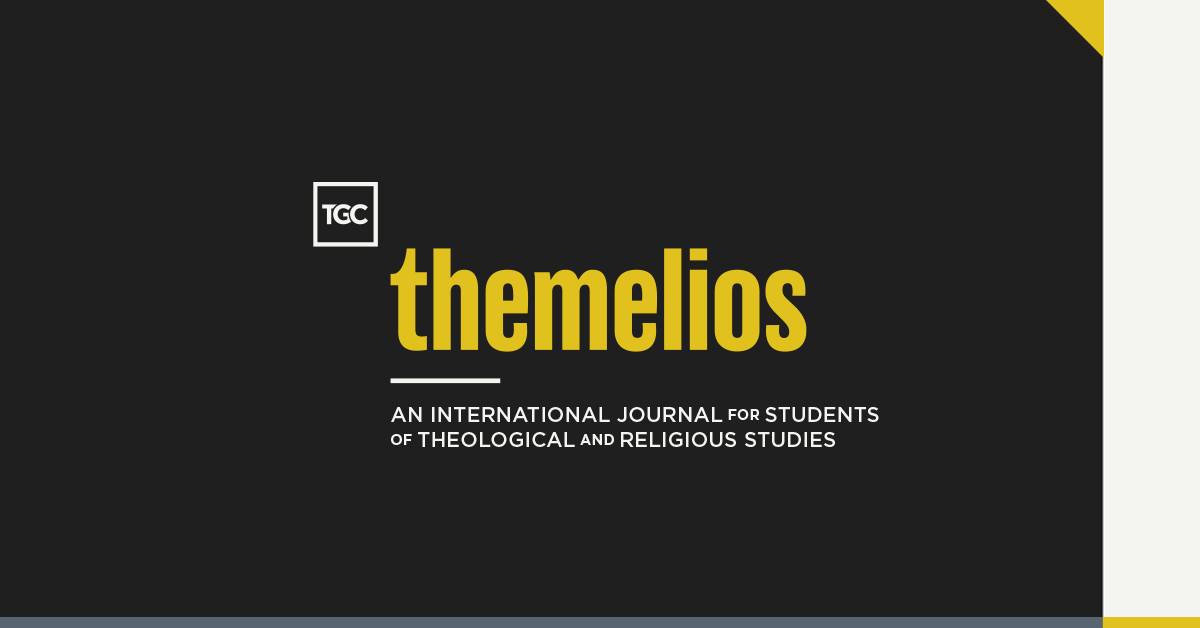Any readable text is generally read literally unless there are indications or markers (in the context) that it is a metaphor. You wouldn't fly in an aircraft if you knew that the designers constructed that plane on drawings and instruction manuals that were interpreted metaphorically. Then why would a person potentially do so with the Bible, which is far more important? God's Word is a book that deals with the well-being of our very souls.
The six-day creation is literal because that is how the text plainly reads, and there is no indication that it is a metaphor. Metaphors in the Bible many times also have a definable place indicating to you it is a metaphor. People who do not like a literal 6-day creation only interpret the text metaphorically because they simply do not like that idea of a literal 6-day creation, and they have become accustomed to worldly thinking that the Earth is billions of years old from secular atheistic Science.
Check out this thread here as one example of properly utilizing metaphors in the Bible:
Biblical Metaphors Shed Light on Ham's Sin in Noah's Tent. Introduction: The Bible has metaphors (or similitudes) within it. For Hosea 12:10 says, "I have also spoken by the prophets, and I have multiplied visions, and used similitudes, by the ministry of the prophets." To not understand...

www.christianforums.com
As for Eclecticism:
If it is the same Eclecticism defined in this article, I do not see that as biblical or good.
What does the Bible say about eclecticism? What does it mean to be eclectic in terms of religion?
www.gotquestions.org
Anyways, while I do lean towards Cessationism (See
here), I also leave room for mystery in that God could be continuing the gifts more correctly in some other remote part of the planet that nobody knows about, or they may resurface again during the End Times. But I do not regard current churches that hold to Continuationism as biblical that I have seen so far. For example, I see Pentecostal churches as violating 1 Corinthians 14 in three places.
#1. Pentecostals believe in private prayer in gibberish speaking they don’t understand (instead of the early church being allowed to privately pray in a real foreign language that they would be able to speak and understand by the power of the Holy Spirit).
#2. Pentecostals believe in speaking publicly in tongues without an interpreter.
#3. Pentecostals allow for woman preachers which violates 1 Corinthians 14:34-35.
In addressing private prayer in tongues done by Pentecostals:
Pentecostals will use 1 Corinthians 14:2 and 1 Corinthians 14:28 as proof of praying privately to the Lord in gibberish tongues they don‘t understand.
1 Corinthians 14:2
"For he that speaketh in an unknown tongue speaketh not unto men, but unto God:"
1 Corinthians 14:28
”But if there be no interpreter,
let him keep silence in the church;
and let him speak to himself, and to God.”
In Acts 2: We see the definition of how tongues worked.
They spoke real foreign languages:
#1. ”And they were all filled with the Holy Ghost,
and began to speak with other tongues,
as the Spirit gave them utterance.” (Acts 2:4).
#2. “…Look, are not all these who speak Galileans? And how is it that we hear, each in our own language in which we were born? Parthians and Medes and Elamites, those dwelling in Mesopotamia, Judea and Cappadocia, Pontus and Asia, Phrygia and Pamphylia, Egypt and the parts of Libya adjoining Cyrene, visitors from Rome, both Jews and proselytes, Cretans and Arabs—we hear them speaking in our own tongues the wonderful works of God.” (Acts 2:7-11) (NKJV).
They understood each other even though they spoke in these other real foreign earthly languages:
”Now when this was noised abroad, the multitude came together,
and were confounded, because that every man heard them speak in his own language. (Acts 2:6).
So they spoke real foreign languages and they were able to understand those foreign languages, too. So Paul is not condoning gibberish tongues speaking they don’t understand because he says down in 1 Corinthians 14:15 that when he prayers with the spirit, he will do so with "
the understanding" also. Tongues would always be real foreign languages they could speak and understand and not gibberish words that are repeated (Note: Written transcriptions of actual Modern day gibberish tongue speaking shows in many instances that they repeat a certain unknown word over and over again; However, Jesus condemned vain repetition in prayer in Matthew 6).
1 Corinthians 14:15
"What is it then? I will pray with the spirit, and
I will pray with the understanding also:"
Also, praying in tongues without an interpreter cannot be established by 1 Corinthians 14 because Paul's whole point in that chapter was to show how one should not speak tongues if they do not have an interpreter.
1 Corinthians 14:19
"Yet in the church I had rather speak five words with my understanding, that by my voice I might teach others also, than ten thousand words in an unknown tongue."
1 Corinthians 14:28
"But if there be no interpreter, let him keep silence in the church;..."
Granted, Pentecostals may bring up Pentecost in Acts 2 or the situation involving Cornelius, but these were unique one-time events with a specific purpose in church history. Pentecost was the church's birth (involving Jewish believers). Cornelius and his family were included in God's program as Gentile believers, showing the Jewish believers that God accepts the Gentiles. Plus, Paul's words were written after these events and set the instruction order involving tongues.
Some people believe they need something extra spiritual or a miracle-type experience to validate their faith. But that would kind of defeat the idea of faith. Faith comes by hearing and hearing the Word of God (Romans 10:17).
Remember, Thomas would not believe Jesus rose from the dead unless he had seen the nail prints in his hands and felt the wound in his side. Yet, Jesus said blessed are those who do not see and yet believe. I am not a miracle chaser. I am a Grace and Sanctification Chaser according to God's Word. My life is already busy enough in focusing on God's grace and Sanctification in striving to live a holy life. But some think that just because they have an experience of some kind of miracle, they are holy. This is a false line of thinking. Focusing on God's grace and loving God and others is the true path to living holy in Sanctification to God.






